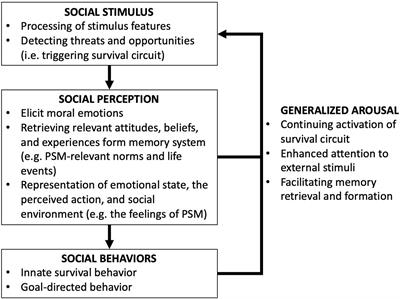EDITORIAL
Published on 16 Sep 2021
Editorial: Serving the Public Interest? Micro-Level Perspectives on Antecedents, Motivations, and Values of Pro-Social and Pro-Self Behavior
doi 10.3389/fpsyg.2021.749277
- 747 views
12k
Total downloads
93k
Total views and downloads
You will be redirected to our submission process.
EDITORIAL
Published on 16 Sep 2021
ORIGINAL RESEARCH
Published on 11 Nov 2020

ORIGINAL RESEARCH
Published on 29 Oct 2020

HYPOTHESIS AND THEORY
Published on 18 Sep 2020

ORIGINAL RESEARCH
Published on 11 Sep 2020

ORIGINAL RESEARCH
Published on 30 Jun 2020

ORIGINAL RESEARCH
Published on 26 Jun 2020

